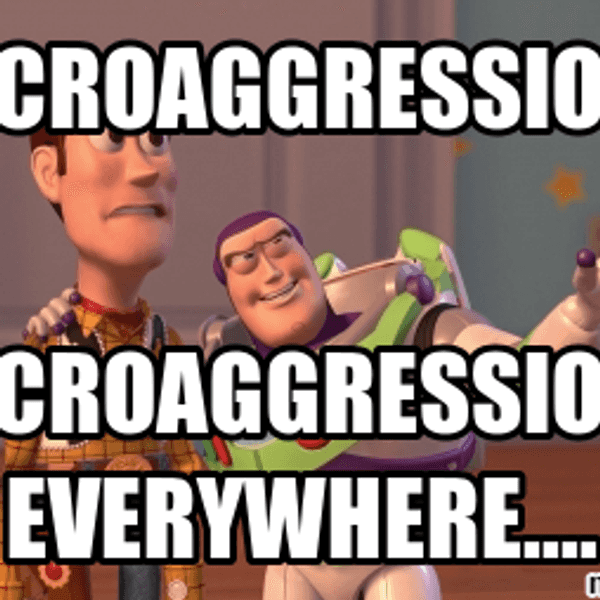Over the past couple of weeks, a lot of people have been up in arms about Trump’s "bad hombres" comment (le gasp! Trump said something outrageous and offensive?! How unprecedented!) To a lesser extent, the nazi chant that rang out at one of his more recent rallies has been making media rounds as well.
While many are surprised by the use of such adages which connote racist and/or fascist undertones, this is a narrative to which minorities are accustomed.
“So you’re probably really good at dancing, huh?”
“Wow! I didn’t expect you to be so… articulate!”
“Yeah, but like where are you FROM?”
In our everyday lives, minorities hear such “dog-whistle” racism: even though there is never an acknowledgement that assumptions are being made on the basis of race, that is what is being heavily insinuated when put into context.
Such insinuations undercut many of the conversations that we have regarding who we date, how we were accepted into various educational institutions, and even the ways in which we act, and what makes them more malicious is the fact that they are much harder to call out.
The same way that dogs lose their s**t when they hear the whistle and nobody else knows why, any minority who attempts to call out such behavior is immediately accused of over-sensitivity or looking for reasons to be upset. Eventually, tired of being made out to be the villain, many minorities opt to simply stop addressing things and just suffer the indignities that these microaggressions bring with them. There are even those who begin to believe the hype that they are simply overreacting unnecessarily.
But it is just that: hype.
Besides the fact that too many minorities have to deal with subtle jabs, there is the simple fact that it is not within another person’s right to determine whether you have the right to be offended by what they have said or not. If they choose to dissociate with you because you express your discomfort with prejudiced statements, then that is well within their right.
However, they cannot usurp your right to assert that their statements WERE prejudiced or to react in the way that you feel appropriate.
Largely, these statements are made by people who want to put forward their biases in a way that they don’t expect to be called on, but there are also individuals who are simply ignorant - that is, they don’t understand that their statements ARE prejudiced.
For those who fall into that category and actually have the desire to improve, the way to do that is simple: believe someone.
When you have said something to a friend and they respond that what you have said is offensive, fight the immediate, human urge to defend yourself and just believe that your behavior was in the wrong. That’s how we get better, and that’s how we help our friends feel a little safer in their own skin as well.





















